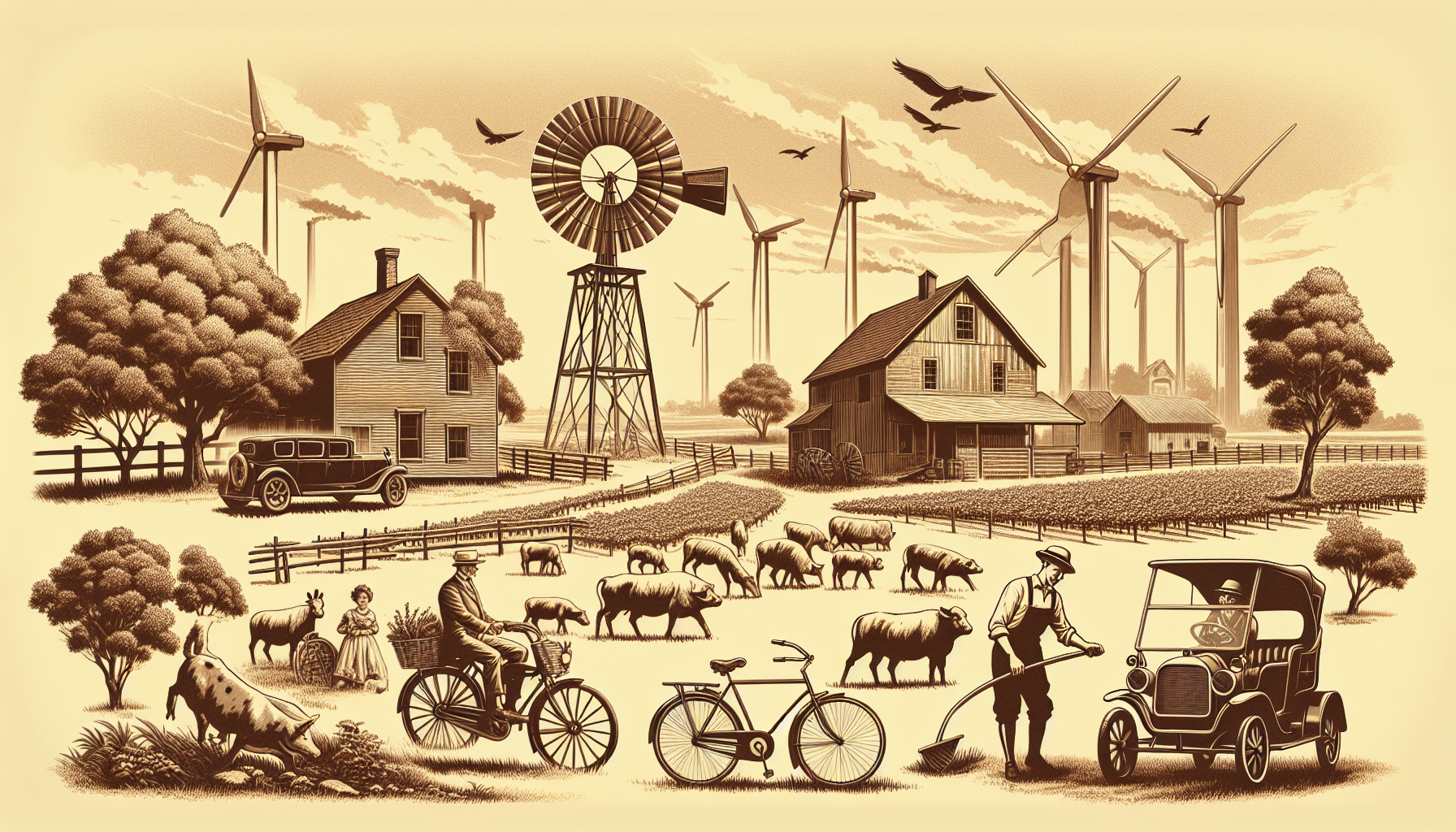A recent report on the Environment-Friendly and Sustainable Food Market highlights this trend. Key players in the market, such as WhiteWave Foods Company, Amy’s Kitchen, Earthbound Farm, Ben & Jerry’s Homemade, and Beyond Meat, are forefronting this change by providing consumers with healthy, sustainable, and eco-friendly food options. Their innovative practices are setting new standards for food production and consumption, aiming to reduce carbon footprints, waste, and the use of non-renewable resources.
The focus of Amy’s Kitchen, for instance, on organic and non-GMO food products, not only caters to the increasing consumer demand for healthier food options but also promotes sustainable farming practices. Similarly, Beyond Meat’s plant-based meat substitutes are an excellent example of how innovative food technology can offer solutions to environmental concerns associated with animal farming.
In parallel to the food industry, advancements in technology are also playing a crucial role in climate solutions. For instance, Buzz Solutions is leveraging Vision AI to boost the efficiency and reliability of the electric grid. By enhancing the management and prevention of infrastructure failures, this innovative technology is revolutionizing the way utility companies operate, thereby contributing to energy conservation.
While technology proves to be a valuable tool in our fight against climate change, we must be mindful not to rely solely on it.
As outlined in a recent article titled “A Different ‘Abundance Agenda’: Avoiding Delusions and Diversions”, technological advancements alone will not guarantee a sustainable future. It’s crucial to couple tech solutions with responsible consumption and lifestyle alterations to truly make a difference.
In essence, both the food we consume and the energy we use bear significant implications on our environment.
As consumers, we have the power to drive impactful change by choosing sustainable food options and supporting technological advancements that aim to conserve resources. At the same time, we must also remember that technology is not a magic bullet for climate change, and a sustainable future requires a broader change in our habits and attitudes.
As we move forward, the key is to strike a balance between using technology as a tool for sustainability and making conscious choices in our everyday lives. By doing so, we can help shape a future that is healthier, greener, and more sustainable for generations to come.
